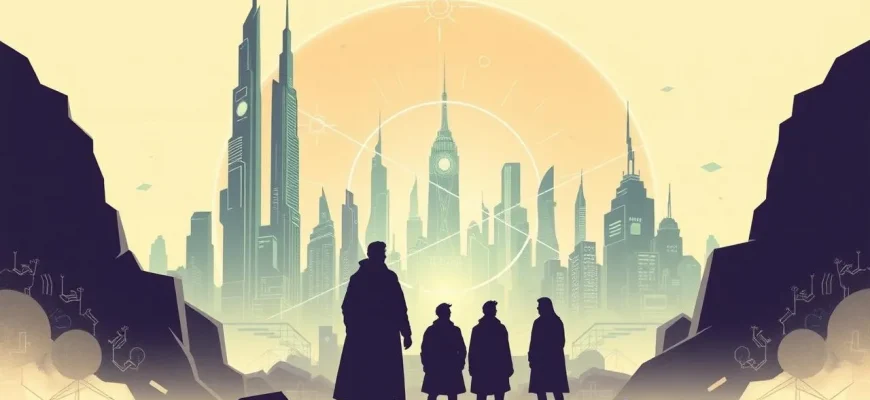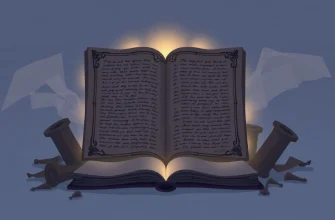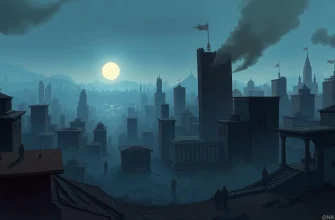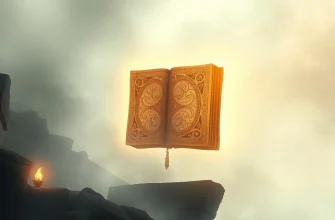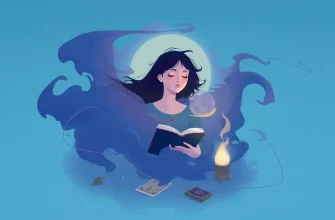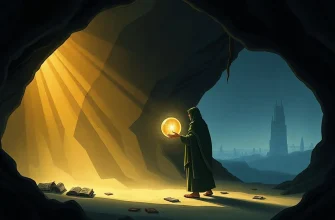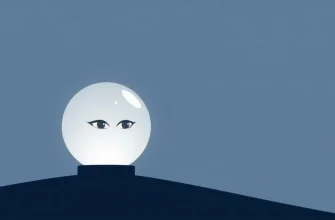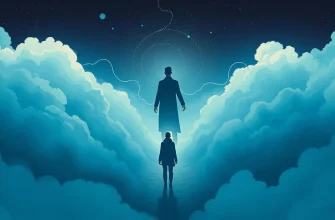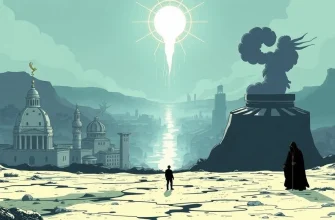Dive into the enigmatic world of the future with our curated list of mystical sci-fi films. These movies not only entertain but also provoke thought about what lies ahead in our technological and existential journey. Each film in this collection offers a unique perspective on the future, blending elements of mystery, science, and the supernatural to create unforgettable cinematic experiences.
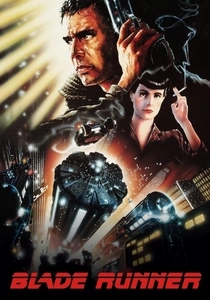
Blade Runner (1982)
Description: Set in a dystopian future, this film delves into themes of artificial intelligence, identity, and what it means to be human, with a mystical undertone of existential questions.
Fact: Ridley Scott was inspired by the art of Edward Hopper and the film noir genre for the movie's aesthetic. The film's voice-over narration was added after initial test screenings to clarify the plot.
 Watch Now
Watch Now 
Dark City (1998)
Description: A noir-styled film where an amnesiac man discovers a city where reality is manipulated by mysterious beings, blending noir with futuristic mysticism.
Fact: The film's director, Alex Proyas, was influenced by German Expressionism, particularly Fritz Lang's "Metropolis."
 Watch Now
Watch Now 
The Matrix (1999)
Description: This film explores a future where reality might be an illusion, controlled by sentient machines. It's a perfect blend of mysticism and futuristic technology, questioning the nature of reality itself.
Fact: The idea for the film was inspired by the works of Jean Baudrillard, particularly his concept of hyperreality. The film's iconic "bullet time" effect was groundbreaking in visual effects technology.
 Watch Now
Watch Now 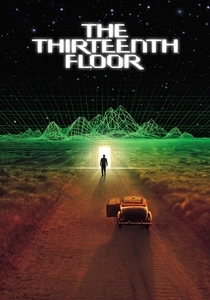
The Thirteenth Floor (1999)
Description: This lesser-known gem explores virtual reality and the concept of simulated worlds, offering a mystical take on what reality might truly be.
Fact: The film was released in the same year as "The Matrix" and deals with similar themes but focuses more on the psychological aspects of virtual reality.
 Watch Now
Watch Now 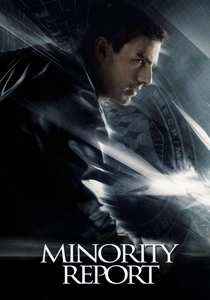
Minority Report (2002)
Description: In a future where crimes are predicted before they happen, this film raises questions about free will, destiny, and the ethics of preemptive justice, all wrapped in a mystical aura.
Fact: The film's concept of pre-crime was inspired by Philip K. Dick's short story. The technology depicted, like gesture-based interfaces, has influenced real-world tech development.
 Watch Now
Watch Now 
A.I. Artificial Intelligence (2001)
Description: This film presents a future where artificial beings seek to understand human emotions, touching on themes of love, loss, and the quest for identity in a mystical setting.
Fact: The project was originally conceived by Stanley Kubrick, who passed it on to Steven Spielberg before his death. The film's ending was a point of contention between the two directors.
 Watch Now
Watch Now 
Inception (2010)
Description: This film explores the concept of dreams within dreams, creating a layered narrative that blurs the line between reality and the subconscious, with a futuristic twist.
Fact: Christopher Nolan was inspired by the idea of lucid dreaming. The film's complex narrative structure was meticulously planned to ensure clarity for the audience.
 Watch Now
Watch Now 
The Adjustment Bureau (2011)
Description: This film combines romance with the idea of fate being controlled by a higher power, set in a future where free will is an illusion.
Fact: The film is based on a short story by Philip K. Dick, showcasing his recurring theme of predestination versus free will.
 Watch Now
Watch Now 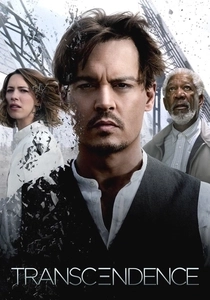
Transcendence (2014)
Description: A scientist's consciousness is uploaded into a computer, exploring themes of artificial intelligence, consciousness, and the mystical aspects of digital immortality.
Fact: The film was Johnny Depp's first major role where he did not use heavy makeup or prosthetics.
 Watch Now
Watch Now 
Strange Days (1995)
Description: Set in the near future, this film deals with the sale of recorded memories, exploring themes of voyeurism, technology, and the mystical nature of human experience.
Fact: Kathryn Bigelow, the director, was one of the first women to win an Academy Award for Best Director for "The Hurt Locker."
 30 Days Free
30 Days Free 
